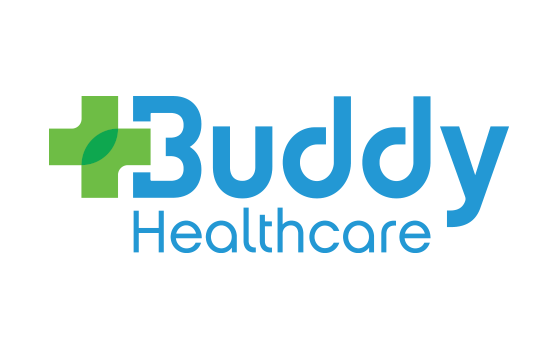 This November Central Ostrobothnia Central Hospital in Finland has started symptom tracking and remote monitoring of corona virus-infected patients with the Buddy Healthcare mobile application and clinical monitoring platform. The patient management platform digitizes and automates the symptom tracking process and enables secure two-way communication between patients and healthcare professionals.
This November Central Ostrobothnia Central Hospital in Finland has started symptom tracking and remote monitoring of corona virus-infected patients with the Buddy Healthcare mobile application and clinical monitoring platform. The patient management platform digitizes and automates the symptom tracking process and enables secure two-way communication between patients and healthcare professionals.
The well-being of coronavirus-infected patients can change quickly, and therefore daily monitoring of symptoms is essential. After a patient has been diagnosed with a coronavirus infection, the Central Ostrobothnia Central Hospital's infectious disease unit provides the patient with instructions on downloading the BuddyCare mobile application to a smartphone or a tablet.
Coronavirus-infected patients are being asked to submit daily symptom tracking questionnaires through the mobile app over a two week period. If the healthcare professional's set thresholds are exceeded, the infectious disease unit receives an alert on their dashboard. In addition to the symptom tracking feature, patients receive information related to the coronavirus infection, and they can send questions to care personnel through secure real-time messaging. The mobile application and remote patient monitoring dashboard bring peace of mind to the patients as they know that their well-being and symptoms are being monitored every day.
Digitized symptom tracking through the mobile application helps the Central Ostrobothnia Central Hospital in automating the collection and monitoring of symptom tracking questionnaires. Previously, the hospital was contacting infected patients daily by telephone and the data was being entered manually into hospital files. The use of the BuddyCare platform decreases the need to manually track symptoms through telephone calls.
The BuddyCare patient management platform has previously been used to educate, support and monitor surgery patients before and after procedures, recently expanding to other traditional medical specialties. During spring 2020, Buddy Healthcare published its COVID-19 symptom tracking and remote patient monitoring features to support hospitals during the coronavirus pandemic.
Read more about Buddy Healthcare's solution to track and monitor coronavirus-infected patients.
About Buddy Healthcare
Buddy Healthcare is a European based digital health company specialising in automating hospitals’ care co-ordination and patient communication processes. The company was founded in 2016 and the care co-ordination platform was co-created in collaboration with university hospitals in Finland.The company initially started producing intelligent and automated surgical care pathways, but it has rapidly expanded to other medical specialities. With the help of the Platform hospitals can guide, monitor and manage patients’ care pathways. The Plaform collects automatically forms and questionnaires such as pre-assessment forms, patient-reported outcome measures (PROMs) and patient-reported experience measures (PREMs).
The BuddyCare software has the CE mark and is GDPR and HIPAA compliant.